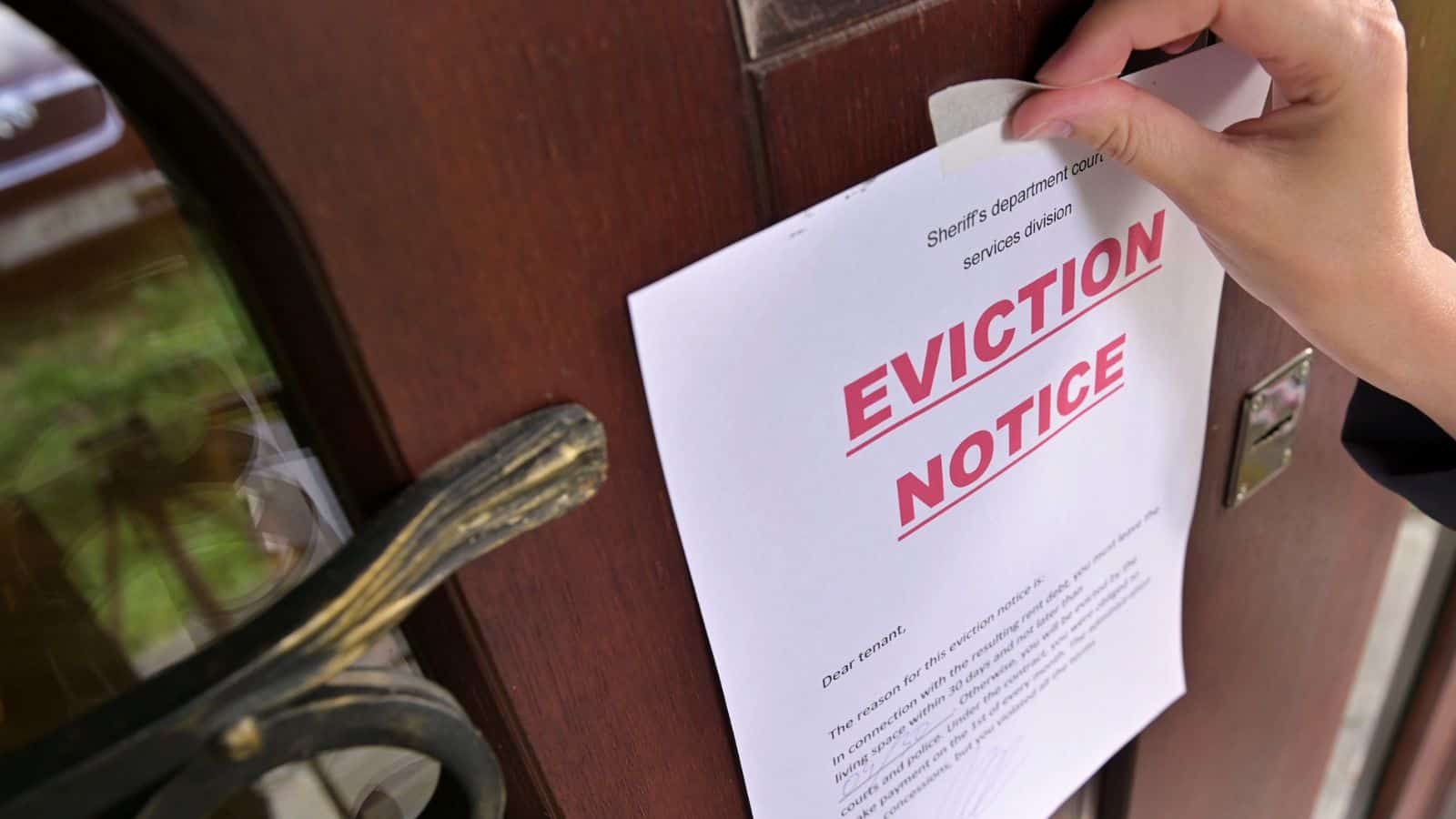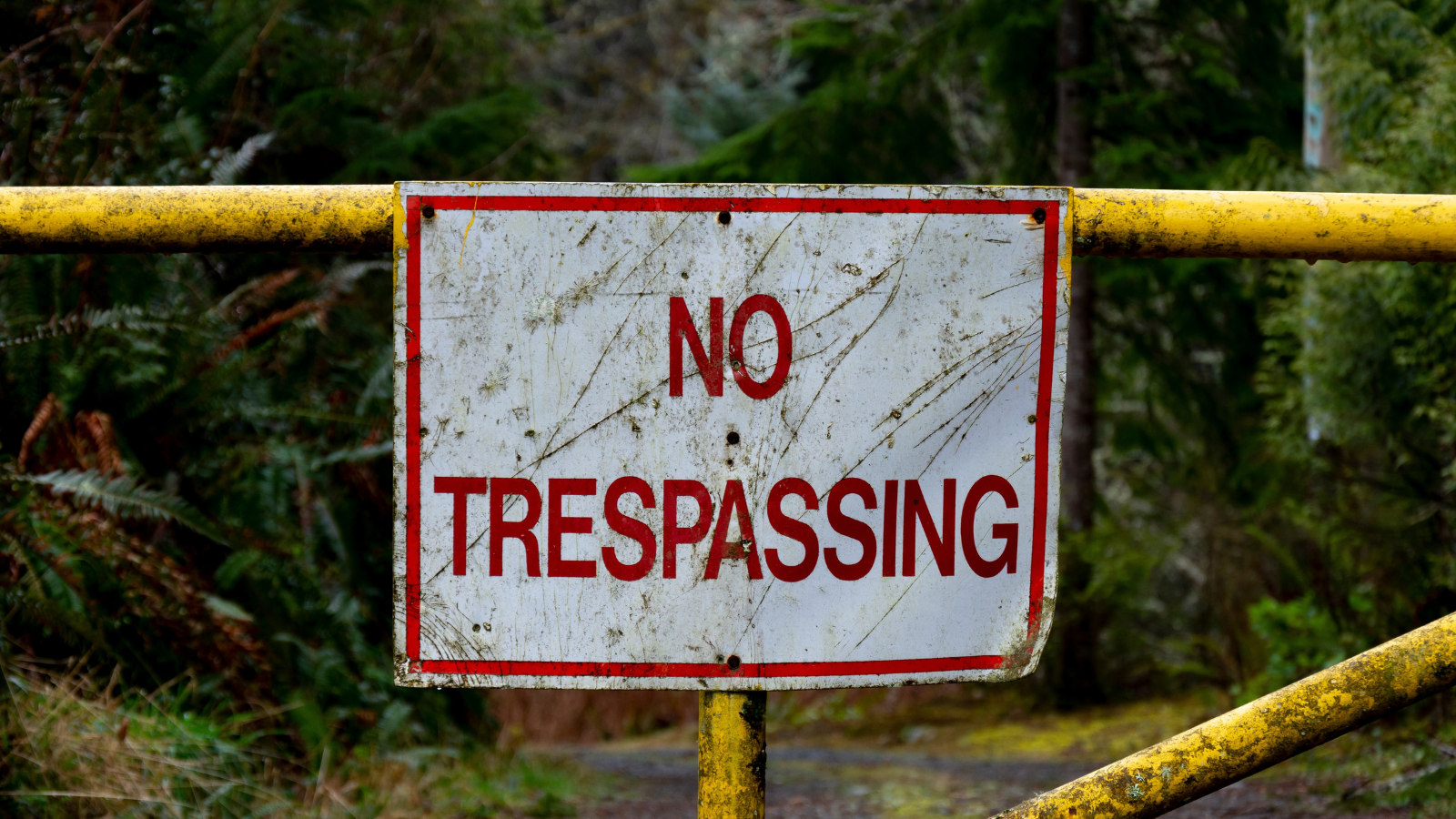Dealing with a squatter can be really frustrating and stressful, but don’t worry—there are effective strategies to help you get your property back. Check out these 21 practical and clear steps to handle the situation.
Understand Squatting Laws

It’s really important to know the laws in your area because squatting laws can be completely different depending on where you are. Check out your local regulations, so you know your rights and the steps to follow. Reliable Roofing notes that some squatters “are aware of the loopholes, and if they can provide evidence of tenant rights or gain adverse possession, they may have grounds for remaining on the property.”
Communicate Directly

Sometimes, a simple, honest chat can solve the issue. Approach the squatter calmly and respectfully to discuss the situation. Share your concerns and politely ask them to leave. You might be surprised how well this works without creating more problems.
Serve an Eviction Notice

If talking to them didn’t work, and you’re thinking of doing things the legal way, then an eviction notice is the first step in starting the process. Give the squatter a written notice telling them they need to leave the property. Make sure you follow the rules in your area so the notice is legally valid.
Hire a Lawyer

If you’re not really sure what you’re doing, there are property lawyers who can be a huge help with squatters. They’ll guide you through the legal steps, making sure you do everything right. Having a lawyer on your side can really improve your chances of getting rid of a squatter successfully.
Contact Law Enforcement

If the squatter insists and won’t leave, it’s time to call the local police. They can often help, especially if there’s any safety risk involved. Plus, they’ll make sure everything stays peaceful and legal until the situation is resolved.
Change the Locks

If you managed to evict the squatter, remember to change the locks to prevent them from coming back. This secures your property and keeps them from returning. Just make sure you follow the legal steps, especially if they’ve been living there for a while.
Secure Your Property

Keep squatters out by securing your windows and doors. Adding security systems, cameras, and alarms can really help deter unauthorized entry. These simple steps can protect your property from future squatting issues.
Document Everything

Keep detailed records of all interactions and actions taken. Documentation is crucial if the situation escalates to legal proceedings. Photos, videos, and written records can provide evidence to support your case.
Use Mediation Services

Mediation can be a less confrontational way to sort out disputes. A neutral third party helps facilitate a chat between you and the squatter to reach an agreement. This approach can often lead to a quicker and less stressful resolution.
Offer Financial Incentives

Sometimes, offering money can persuade a squatter to leave. This tactic, called “cash for keys,” can be a practical way to dodge long legal battles. Just make sure to document everything and get a legally binding agreement.
Seek a Court Order

If other methods don’t work, you might need to get a court order. A judge can issue a formal order requiring the squatter to vacate the property. This legal document can be extremely useful as it can be enforced by the police.
Enlist Property Management

A professional property management company can handle this for you. They know how to deal with squatters and can take the right legal and practical steps. Plus, it takes a lot of the stress and responsibility off your shoulders.
Clean Up the Property

Once the squatter is out, give the place a good cleanup to keep it from getting re-occupied. Clear out any personal stuff they left behind and make sure everything is neat and secure. This helps keep the property in good shape and discourages future squatters.
Monitor the Property

Regularly check on your property to make sure it is secure. Frequent visits can deter squatters and catch any issues early. Consider talking to your neighbors or friends to help keep an eye on the property.
Post “No Trespassing” Signs

Clearly marking your property with “No Trespassing” signs will also help. These signs can keep squatters away by making it clear that trespassing isn’t allowed. Plus, they give you a legal reason to call law enforcement if needed.
Use Legal Notices

Send out legal notices to assert your rights. These could be demand letters or cease-and-desist orders. They let the squatter know you’re serious about taking legal action if they don’t leave on their own.
Stay Calm and Professional

Stay calm and professional during the process. Letting emotions take over can make things worse. Tackle each step methodically and keep a clear head to get the best results. By staying composed, you’ll navigate the situation more effectively and find a resolution faster. Remember, a cool approach can make all the difference.
Leverage Social Services

Don’t hesitate to contact local social services for assistance. They may offer resources to help the squatter find alternative housing, easing their transition out of your property. This way, you’ll end up with a more compassionate and effective resolution.
Investigate Ownership

Make sure the squatter doesn’t have any legal claim to the property. Sometimes, misunderstandings about ownership can happen. Clear up any potential issues to avoid complications and make your eviction efforts smoother.
Use Security Personnel

You may also want to hire security personnel to monitor the property. Having them around can keep squatters away and make you feel safer. Plus, security pros can deal with any confrontations that might pop up during the eviction process.
Maintain Insurance

Make sure your property insurance is up to date. It can cover damages caused by squatters and offer financial protection. Take a look at your policy to see what’s covered, and do whatever’s needed to keep your coverage active.
Up Next: 17 Things Most People Forget After Someone Dies

When a person dies, it’s easy for their partner or family members to overlook things while they process shock and grief. Despite the pain of losing a loved family member, it’s important to remember to organize these 17 things to prevent problems later on.
17 Things Most People Forget After Someone Dies
17 Phrases Confident People Use to Stand Up For Themselves

Confidence is a healthy and attractive trait that helps us stand firm in our values and set healthy boundaries. We can always become more confident, and learning the right ways to stand up for yourself is a great way to start. Here are 17 phrases you can use to do so.
17 Phrases Confident People Use to Stand Up For Themselves
20 Signs Someone Is Only Pretending to Care

Whether it’s to avoid hurting your feelings or if it’s part of a more elaborate plan to deceive you for benefits, people pretend for many reasons. The main theme with them, though, is that their actions never match the sugar-coated words that come out of their mouths. So that you don’t fall for someone like this, we’ve compiled 20 signs for you to look out for.

